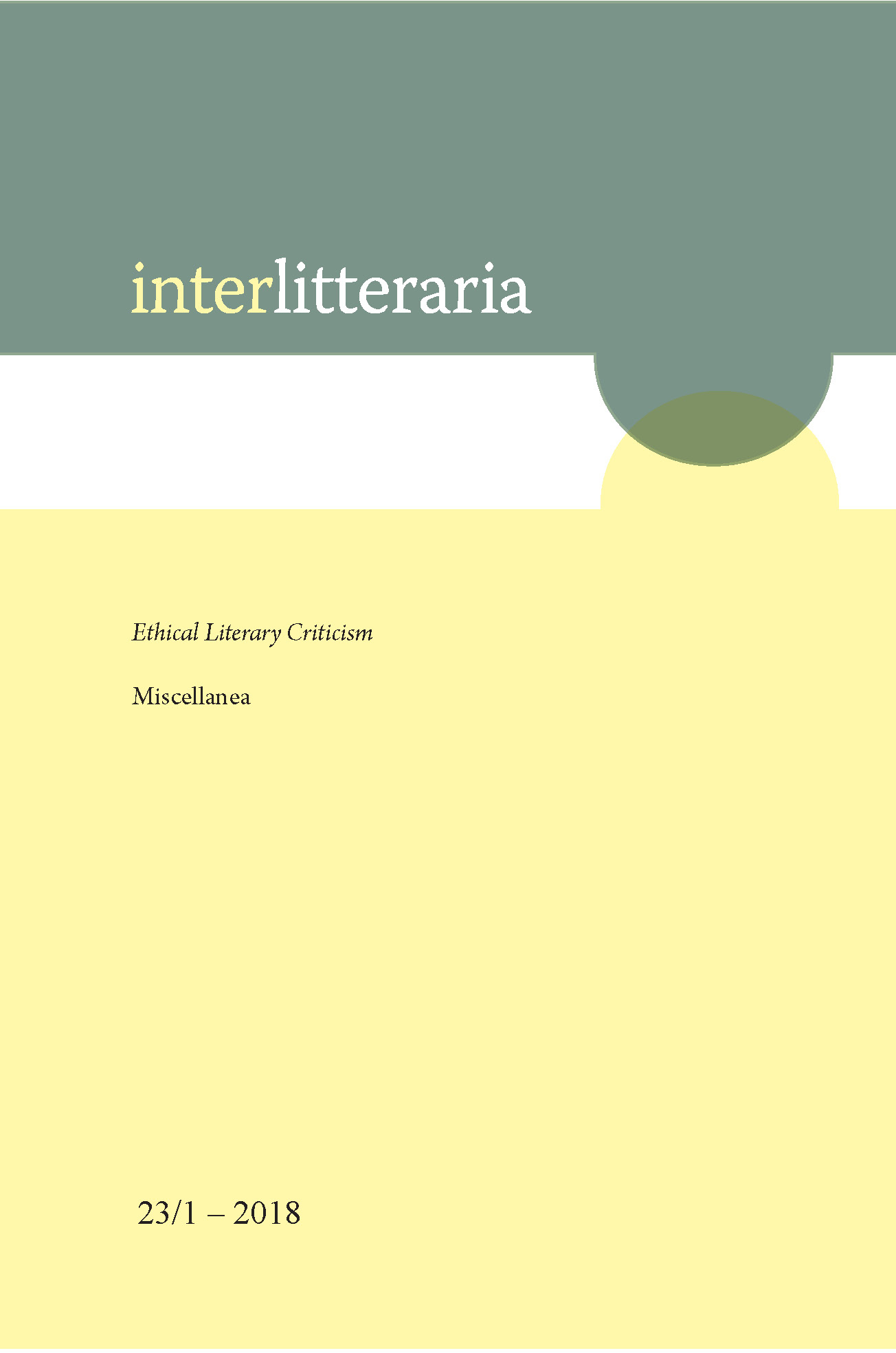Censorship, Shame and Pornography in East-European (Post-World War II) Literature
DOI:
https://doi.org/10.12697/IL.2018.23.1.5Keywords:
East-European literature, habitus, censorship, pornographyAbstract
The aim of this paper is to closely follow the dynamics of concepts such as shame or pornography as seen throughout the lens of East-European (post-World War II) literature focusing only on the books that had the power and courage to change the perspective or the whole definition(s) of this terms. Moreover, I want to show if/how the Communist Regime changed the perception, the mentality or, with Pierre Bourdieu’s term, habitus of some countries and if/how is the change reflected in literature focusing my research mostly on Romanian, (but also Polish and Hungarian) prose which means I will also try and understand and explain the dynamics of another concept – censorship. What did censorship meant before, how was it seen after the Regime was installed – from a writer’s point of view, of course – and, more important, how people’s perspective(s) were changed regarding subjects such as intimacy, sexuality and literature.
Downloads
Downloads
Published
Issue
Section
License
The contents of Interlitteraria are published under CC BY-NC-ND licence.


